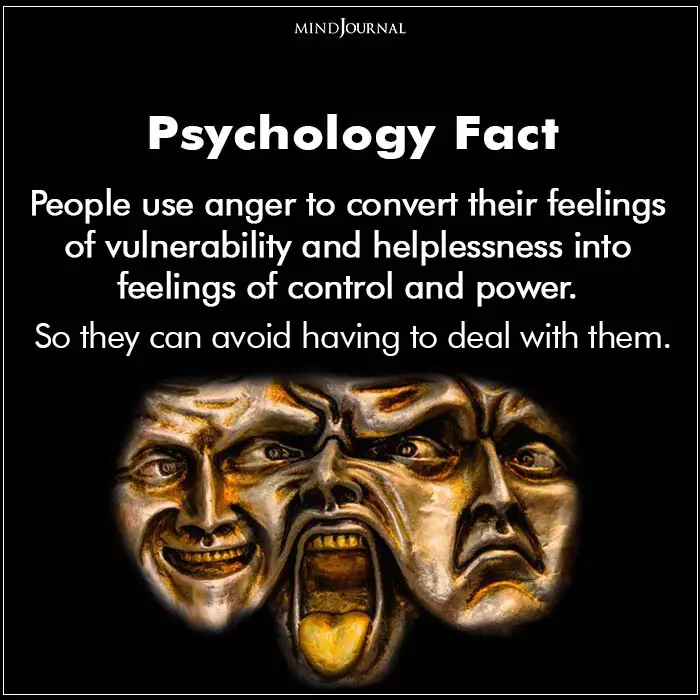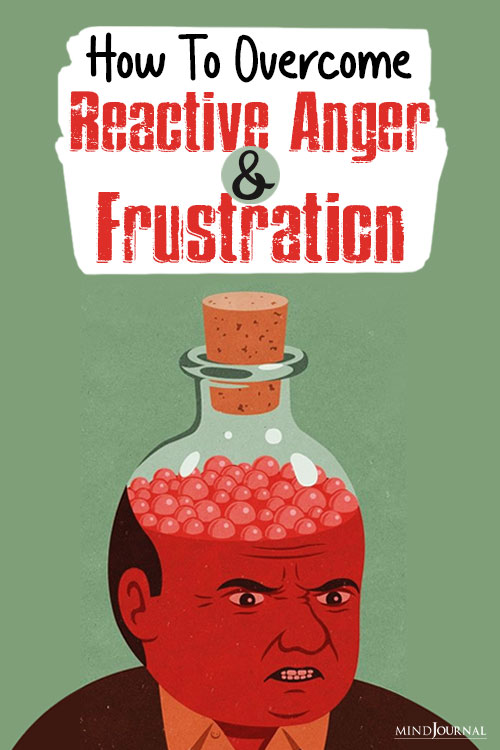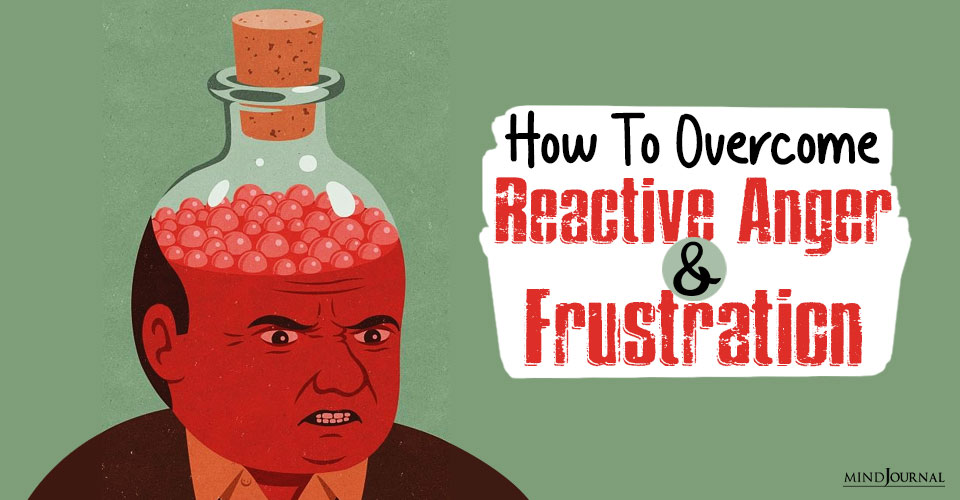The Secret to Overcoming Reactive Anger and Frustration
by Donald Altman, M.A., LPC
Copyright by Donald Altman
Dealing with emotions like anger, frustration, and disappointment can be a challenge. Road rage is one example, and statistics from the National Highway Traffic Safety (NHTSA) and other organizations show that aggressive driving is related to over 50 percent of traffic fatalities.
No one is immune to reacting to even small challenges and disappointments. For example, I had a recent birthday and got a delightful gift that an out-of-town friend sent to me. It was a fountain that was perfect for my office. I got batteries, filled the reservoir with water, and turned on the little switch hidden in the back. In anticipation, I waited for cascading water to dance over the river rocks.

And waited. And waited some more. But not a sputter or gurgle came out. Nada.
After shaking, cajoling, adjusting the water levels, I had to admit the inevitable—this fountain was defective. At that moment, I felt real disappointment and frustration. The fountain didn’t cascade, but my mind cascaded with several annoying thoughts: “Where do I find this store in Portland?” “What if they don’t let me return the fountain?” “I’m very busy—I don’t have time to drive there and twiddle my thumbs in the customer return line.”
I noticed these negative thoughts in the moment, surprised by how quickly they bubbled up from my mind. What I did next was to consciously practice a way of thinking that almost instantly made me feel lighter and less frustrated.
Here, then, is the “secret” that this article refers to:
I mindfully reappraised.
This is where you shake your head and respond with, “Huh? You did what?”
To get more specific, what I did was to reappraise the situation with more realistic thoughts, such as: “I’m sure they have a return policy—and I have the receipt.” “I could enjoy a trip out of the office on a nice day like today.” “It’s disappointing, but nothing that can’t be remedied.”
Admittedly, this is easier to do when it’s an inanimate object like a fountain that is doing the disappointment. A fountain can’t reject you. It can’t criticize you unfairly. It can’t judge you in any way. Yet, regardless of the cause, we need reappraisal skills because of one fact:
There will always be some frustration in life. Criticism is unavoidable. Bad drivers are just around the next corner. Your refrigerator or washer is waiting to break.

Related: Anger Management 101 And Beyond
Reappraisal To The Emotional Rescue
Before looking at the practice of reappraisal in more detail, it’s worth noting that a study on the power of reappraising showed that it acted as an effective buffer that reduced vengeance and aggressive behavior after a provocation. This study had subjects practice over a period of several weeks, but if you use the process below, you can start noticing the benefits immediately.
Reappraisal is actually a two-step process.
How To Overcome Reactive Anger And Frustration
Step 1: Pause and Observe
The first part of reappraisal is pausing and observing the emotional reactivity you’re experiencing. This means stepping back and taking a fresh look at what has just happened. Imagine you are on a hilltop looking down on the action, as an impartial observer or witness might. From this safe distance, look at what is happening with a sense of curiosity and interest.
Just noticing the thoughts and feelings with curiosity helps you to not identify or attach so strongly to them.
Related: Why You Are Frustrated And Angry All The Time: 5 Psychological Reasons
Step 2: Find a Fresh and Realistic Perspective
Fortunately, there is one important thing that you can do for yourself to overcome disappointment, which is not to take it personally. Then, mindfulness lets you re-appraise thoughts, letting you find more open, creative, and alternative paths forward. For example, you may even ask yourself: “What is the evidence for these reactive thoughts?” “In what ways may this actually turn out to be positive?”
In this way, you open the space for creating more thoughtful and balanced thoughts. This two-part practice can be soothing and help you gain new insights in a matter of moments.
In case you’re wondering what happened to my broken fountain: The store didn’t have the fountain in stock, so I got a much-needed appliance instead!
Related: How To Manage Your Anger And Never Let It Control You: 7 Tips
Keeping calm when your emotions are raging can be difficult but it’s easier than you think. When you’re learning how to overcome reactive anger and frustration, start with mindful reappraisal, observe your thoughts & feelings with curiosity and detach from your emotions. You will gain a new perspective and better control your reactions.
Written by: Donald Altman, M.A., LPC Originally appeared on: Psychology Today Republished with permission









Leave a Reply
You must be logged in to post a comment.